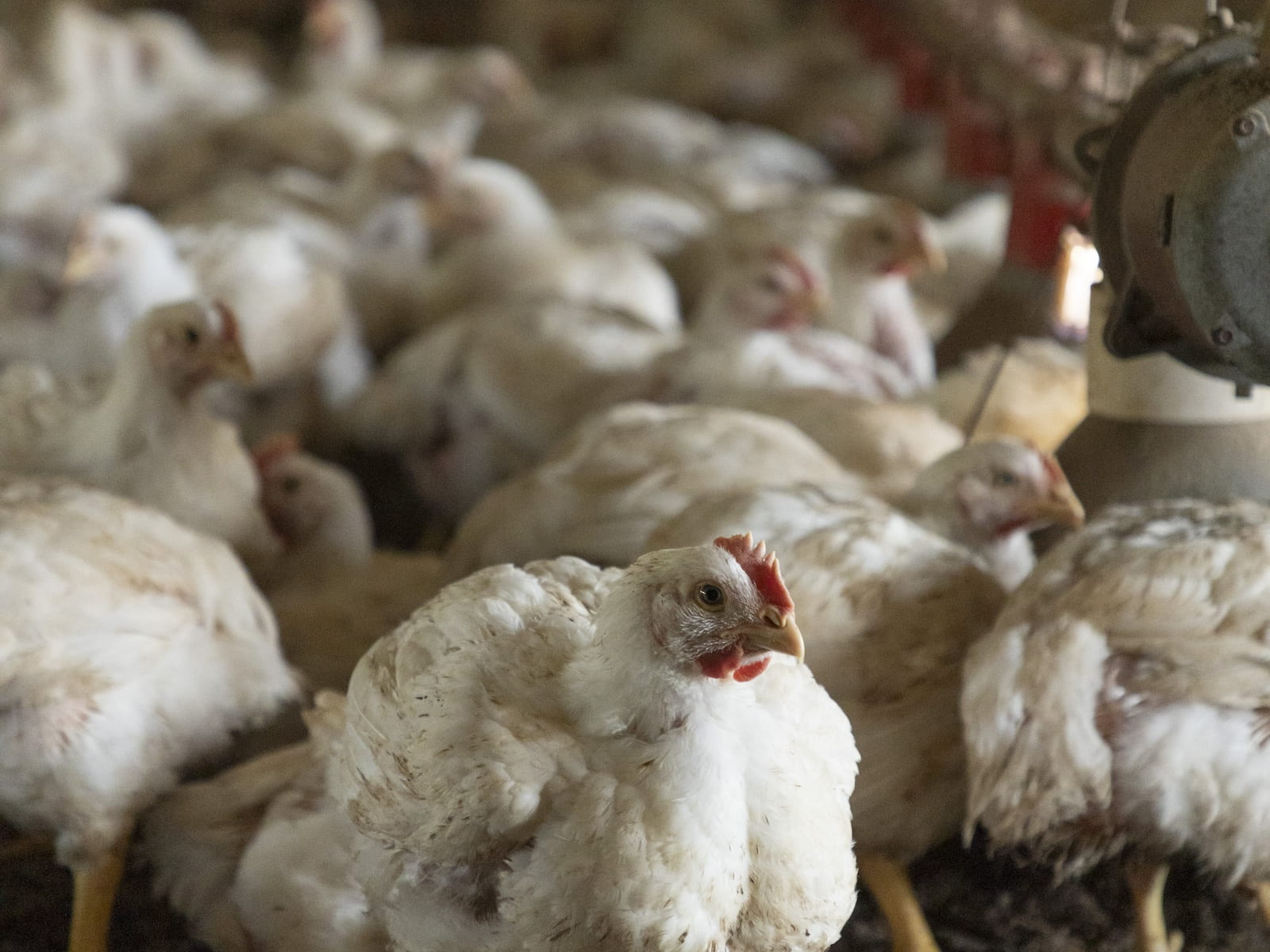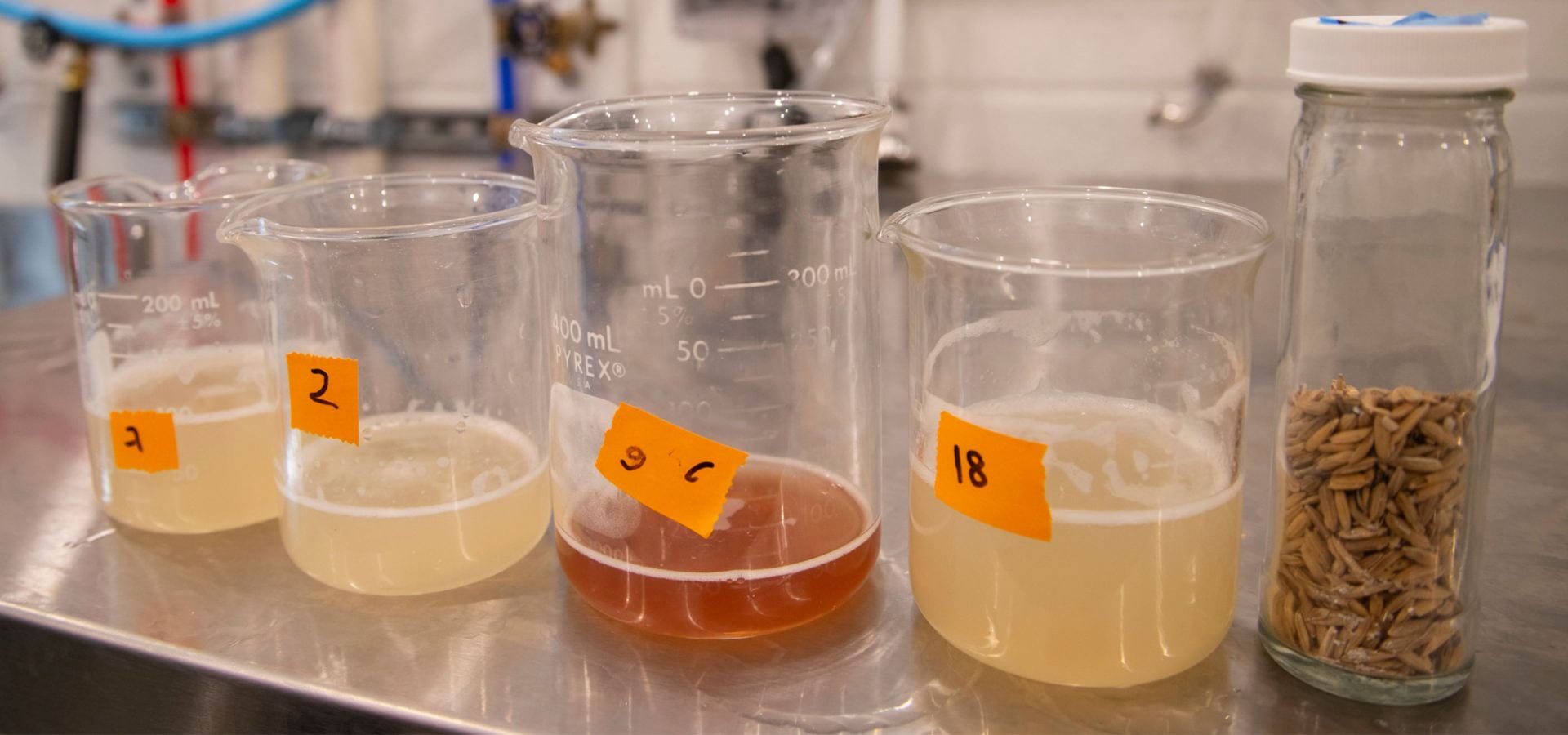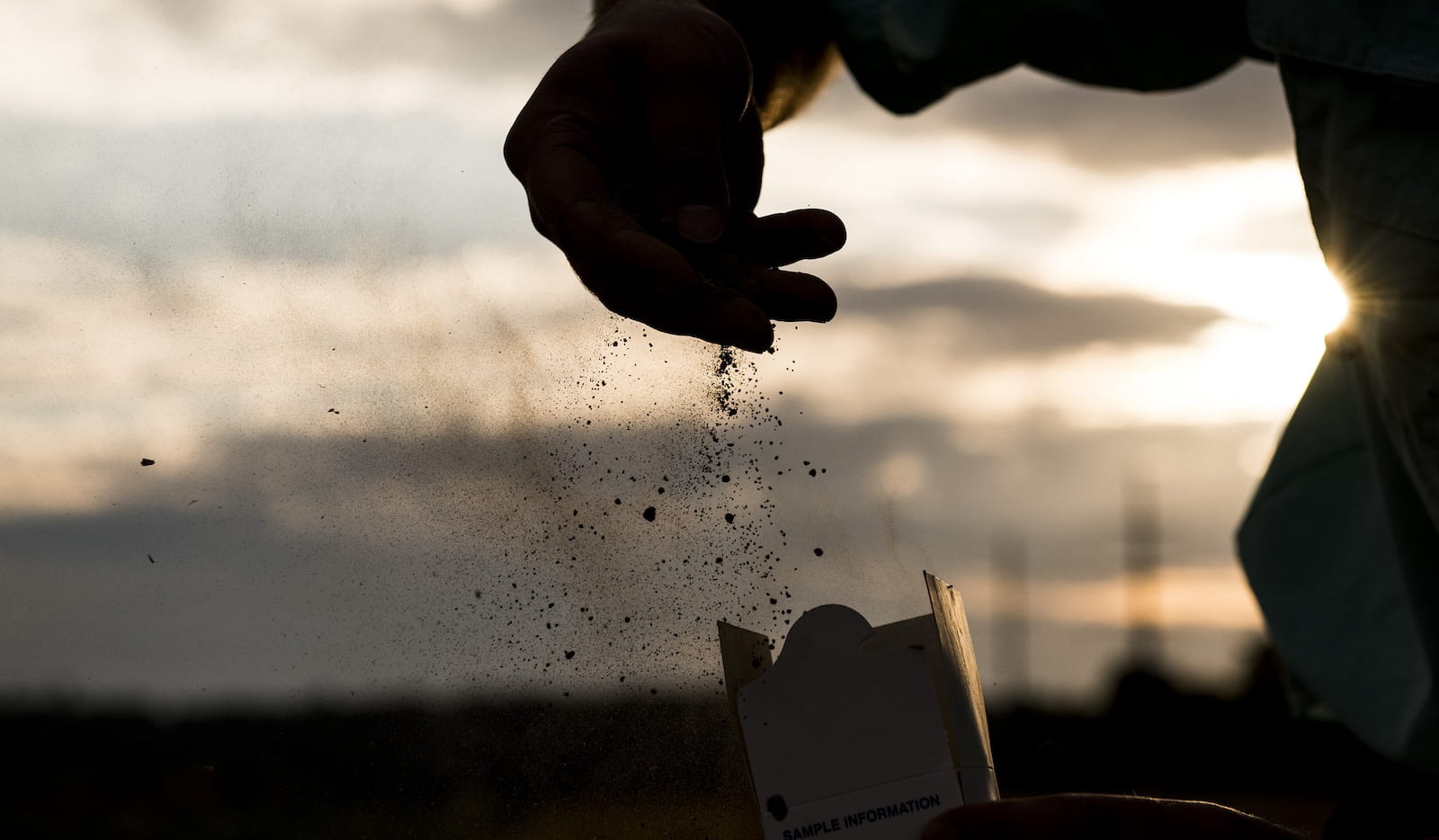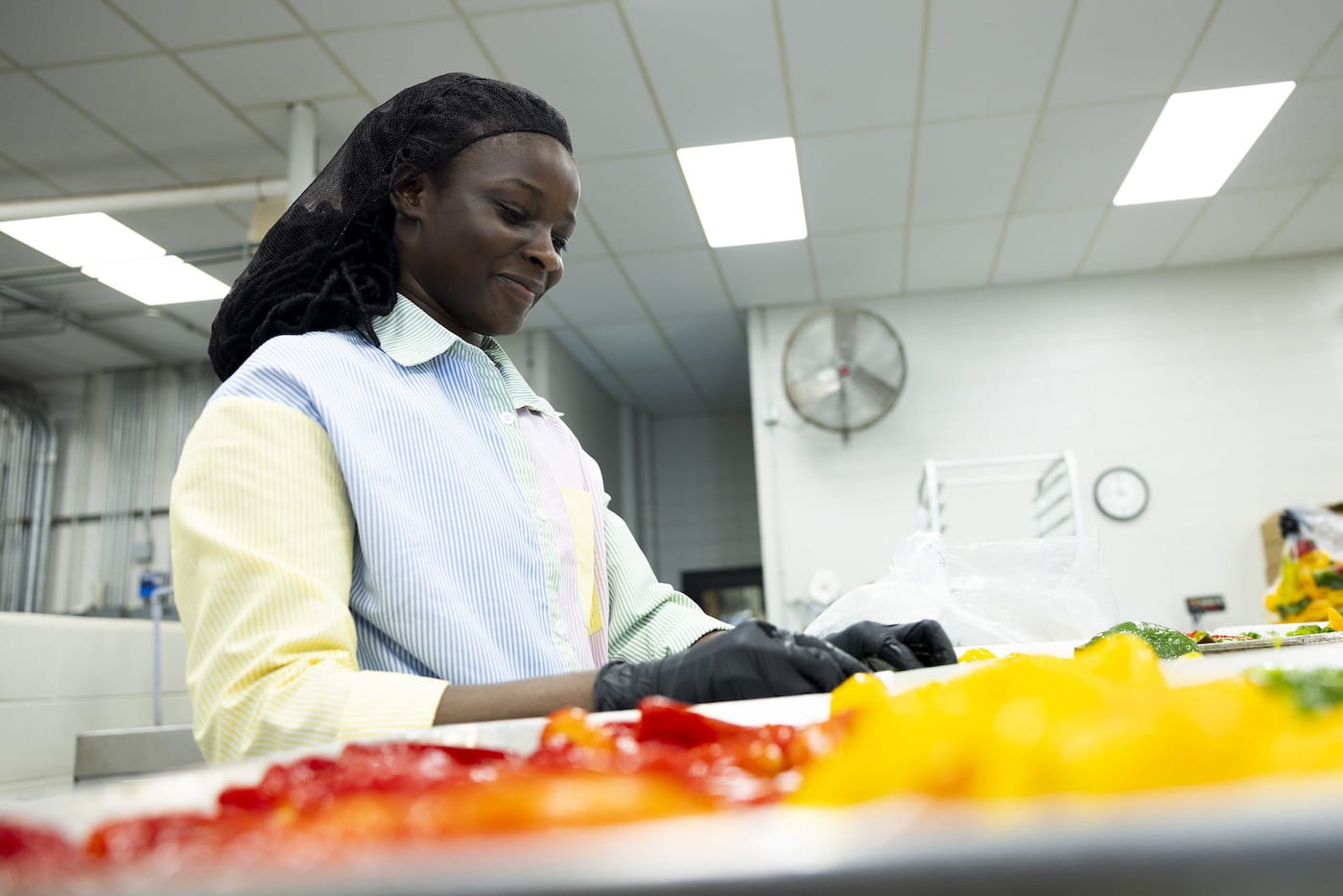Researchers Awarded $5M to Develop AI Platform Strengthening Regional Food Systems
Artificial intelligence, machine learning explored to improve food systems
By University of Arkansas System – Feb. 16, 2024
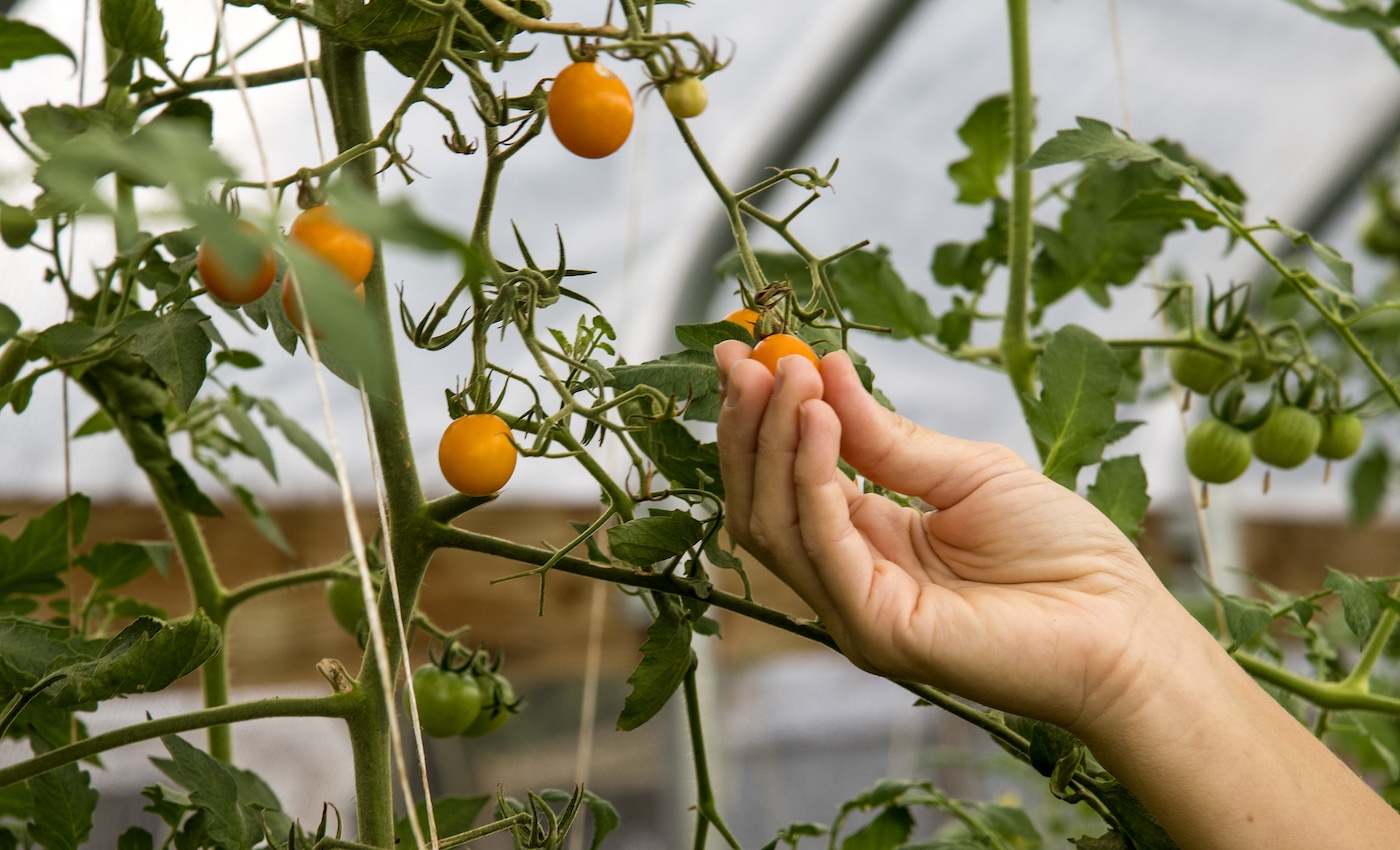
FAYETTEVILLE, Ark. — Artificial intelligence and machine learning are being explored with several aspects of agriculture, including streamlining regional food systems.
Two Arkansas Agricultural Experiment Station researchers have joined a collaborative effort led by the Institute for Integrative and Innovative Research, or I3R, to develop Cultivate IQ, an AI-driven platform that seeks to integrate sales and production data from across the farm-to-market supply chain to help plan and manage regional food supplies.
The Cultivate IQ project’s development team was recently awarded a $5 million National Science Foundation Phase II investment. The additional funding from the NSF Convergence Accelerator brings the total federal investment in the University of Arkansas-led project to nearly $6 million.
Safe and productive
Kristen Gibson, professor and director of the Center for Food Safety, and Trey Malone, assistant professor of agricultural economics and agribusiness, are part of the multi-state team of researchers and regional industry partners that are continuing to develop Cultivate IQ with the funding. The experiment station is the research arm of the University of Arkansas System Division of Agriculture.
“Regional food systems can’t work unless they’re safe,” Gibson said. “There are regulatory aspects to meet, and barriers growers may face when connecting to certain groups.”
Gibson is also offering guidance on quality assurance management goals that will be used for vetting growers.
On the economics side of things, Malone is working with the group to evaluate the agri-food supply chains and identify unique datasets that are largely in the specialty crop space for small and medium-sized farms.
“This project represents a unique opportunity for us to integrate the on-campus technology into the land grant mission,” Malone said. “I’m really excited to get started and I am intrigued by the potential that AI presents in helping farmers make their planting and pricing decisions.”
The Cultivate IQ project aims to integrate sales and production data from across the farm-to-market supply chain to help plan and manage regional food supplies. Local food buyers, including aggregators and distributors, will host their growers on the platform, extending access to market insights, production planning tools and purchase orders.
Agriculture is Arkansas’ top industry, and the Arkansas Delta is one of the most fertile agricultural regions in the country, Malone noted. Northwest Arkansas also has one of the highest concentrations of small-scale farmers in the state, he said. According to the latest Arkansas Agriculture Profile, the state consistently ranks in the top one-third in the nation for agricultural cash farm receipts.
Avoiding both overproduction and underproduction can minimize food loss and can have a positive economic impact on smaller farms by opening up new market channels, says Meredith Adkins, assistant research professor with I3R and the project’s principal investigator.
“Our global food system is fragile, and disruption in the system is a national security concern,” Adkins said. “Small and mid-sized farms and mission-driven local food distributors, such as food hubs, play an important role in strengthening our regional food systems, but they face real barriers including access to real-time marketplace insights such as pricing, supply and demand. Cultivate IQ aims to enable these end users to compete more effectively by making regionally relevant data insights more accessible.”
Collaboration leads to solutions
Adkins’ team is composed of researchers from across the University of Arkansas System, as well as the University of Florida, University of Wisconsin-Madison, local industry partners Cureate and Junction AI. The team is one of seven multidisciplinary teams from the NSF Convergence Accelerator’s Track J: Food and Nutrition Security selected to advance from Phase 1, which focused on developing proof of concept, to Phase 2, in which the concept will be fully developed and deployed.
Ranu Jung, associate vice chancellor and I³R founding executive director, said the Cultivate IQ project advanced through the competitive process because it “will make a societal impact” and is an example of partnership and collaboration. Jung is also a senior adviser on the project.
“A collaborative approach between academic researchers, industry, government, nonprofits and other communities is important to optimize the production of food and connections between farmers and consumers, researchers and other stakeholders,” said Douglas Maughan, head of the NSF Convergence Accelerator program. “A lot of great work was accomplished by all teams in Phase 1, but there is still more to be done. The teams selected for Phase 2 are expected to build innovative, tangible solutions and strong partnerships to address food scarcity, irrigation issues, supply chain inequalities and inefficiencies, and more.”
The U.S. National Science Foundation launched the Convergence Accelerator program in 2019. It is aligned with the Directorate for Technology, Innovation and Partnerships, or TIP.
In addition to Adkins, Gibson and Malone, the Arkansas-based core team includes:
Thi Hoang Ngan Le, Ph.D., assistant professor, department of electrical engineering and computer science
Chase Rainwater, Ph.D., chair, department of industrial engineering
Kim Bryden, CEO, Cureate
Vance Reavie, CEO, Junction AI
Philip Sambol, project manager, I³R
Support staff at I³R, multiple undergraduate interns and graduate assistants are also working on the project under the mentorship of the co-investigators, including Benjamin Sapaning Sr., graduate assistant at I³R.
An interdisciplinary group of researchers will collaborate with the core team to support the success of the project. At the U of A, this includes the Center for Advanced Spatial Technologies, directed by Jack Cothren, Ph.D., who will support the project’s geospatial data models for regional crop supply, as well as the Indigenous Food and Agriculture Initiative at the School of Law, represented by Associate Director Carly Griffith Hotvedt, J.D./MPA, who advises the project on engagement with indigenous communities. Marty Matlock, Ph.D., a food systems expert and ecological engineer who recently served as senior adviser to the U.S. Secretary of Agriculture, also serves as an adviser to the team. Yasser Sanad, DVM, MVSC, Ph.D., leads University of Arkansas at Pine Bluff’s engagement with the project in the Central Arkansas Delta.
Two land-grant institutions outside of the state are also collaborating, including the University of Florida, represented by agricultural economist Di Fang, Ph.D., and two team members from the Center for Integrated Agricultural Systems at the University of Wisconsin-Madison. Erin Silva, Ph.D. and John Hendrickson at the University of Wisconsin-Madison are experts on farm viability and cost of production analysis by market channel.
Watch the team’s Phase 1 video and learn more about how the team is “Unlocking the Power of Convergence Research for Societal Impact.”
To learn more about Division of Agriculture research, visit the Arkansas Agricultural Experiment Station website: https://aaes.uada.edu. Follow us on 𝕏 at @ArkAgResearch and Instagram at @ArkAgResearch.
To learn about Extension Programs in Arkansas, contact your local Cooperative Extension Service agent or visit https://uaex.uada.edu/. Follow us on 𝕏 at @AR_Extension.
To learn more about the Division of Agriculture, visit https://uada.edu/. Follow us on 𝕏 at @AgInArk.
About the Division of Agriculture
The University of Arkansas System Division of Agriculture’s mission is to strengthen agriculture, communities, and families by connecting trusted research to the adoption of best practices. Through the Agricultural Experiment Station and the Cooperative Extension Service, the Division of Agriculture conducts research and extension work within the nation’s historic land grant education system.
The Division of Agriculture is one of 20 entities within the University of Arkansas System. It has offices in all 75 counties in Arkansas and faculty on five system campuses.
The University of Arkansas System Division of Agriculture offers all its Extension and Research programs and services without regard to race, color, sex, gender identity, sexual orientation, national origin, religion, age, disability, marital or veteran status, genetic information, or any other legally protected status, and is an Affirmative Action/Equal Opportunity Employer.
About the Institute for Integrative and Innovative Research (I3R)
Established through a $194.7 million gift from the Walton Family Charitable Support Foundation, the University of Arkansas Institute for Integrative and Innovative Research is driven by purpose and pioneers solutions to wicked problems through convergence research across academic, industry, government, and non-profit sectors to make a positive societal impact by creating and deploying innovations to scale. Learn more at i3r.uark.edu.
About the University of Arkansas
As Arkansas’ flagship institution, the U of A provides an internationally competitive education in more than 200 academic programs. Founded in 1871, the U of A contributes more than $2.2 billion to Arkansas’ economy through the teaching of new knowledge and skills, entrepreneurship and job development, discovery through research and creative activity while also providing training for professional disciplines. The Carnegie Foundation classifies the U of A among the few U.S. colleges and universities with the highest level of research activity. U.S. News & World Report ranks the U of A among the top public universities in the nation. See how the U of A works to build a better world at Arkansas Research and Economic Development News.

